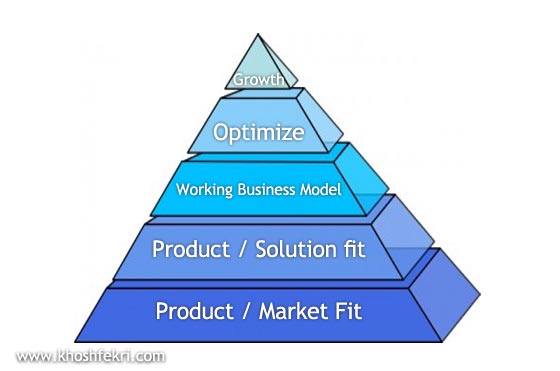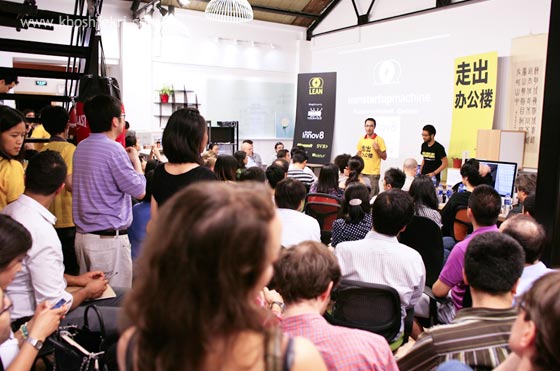As it gets cheaper and cheaper to start a new business, nowadays, everyone has a great chance to build a successful business and become her/his own boss. Obviously lots of new businesses and startups fail in after few months or a year or two but on the other hand, those who survive and thrive, rule the world.
So, the 1 billion dollar question is: What are the ingredients of a great and successful startup?
For years people are trying to find a short-cut answer to this hard question. Many starups which look great at the beginning will doomed to disappear and few of them were at the beginning got mocked by giants now are ruling their markets.
A common pattern among successful startups contains 2 main ingredients:
۱. People want/need their product/service.
Creating something that people want and are ready to spend (money, time, attention, etc.) on it appears to be the starting point of a great startup. Unfortunately many (mostly with MBA degrees) will tell you that before creating anything you should spend time and energy on craft a comprehensive business plan so you would not fail. But reality proves them wrong every now and then. No business plan can help a startup with no product or a product that people don’t want.
Of course creating something that people want or need (Product-Market fit) is not as easy as it sounds. No successful startup owner which a hero product can brag about knowing what to make and how to make it at first place.
To find out is users will want your product or service you should test it with real users as soon as possible.
۲. They have an efficient business model.
Successful startups are those which manage to craft a lucrative business around their innovative product or services. Such business should be in a way that keeps incomes much more than spending.
As you can see in the Startup Growth Pyramid, Product-Market fit it the foundation layer of a successful startup. To be able to build such a foundation, we should answer 3 important questions:
- Are we sure the problem that we thing people might have and tried to find a solution for it, is really there? If so, how many people have such problem?
- Does our solution to that problem have the minimum necessary features to solve it?
- Are there enough people who would want to pay for our solution?
Steve Blank and many others tried to create a scientific framework for these concepts. In 2008 Eric Ries started a blog called Startup Lessons Learned to share his experiences and learning about startups. In 2011 he published his writing in a book called The Lean Startup which soon became an important part of conversation in every startup community.
Finding answers to questions above is not easy and you may find out that all your previous assumption were wrong. You may feed upset and failed but you should not be afraid of failure. You should look at them as learning experiences and based on your new findings, recreate, reshape and optimize your idea, product and business model. The analogy I am using is of a river on the slope of a mountain which hit so many barriers very soon but never stops. It changes its direction (pivot) and finds another way around to continue its progress.
Thus to figure out the answers to those important questions, as long as your resources allow you, you should experience, fail, learn and reform, and do it again and again.
There are many resources to learn about The Lean Startup but recently a series of 3 days intense workshops emerged with the name of Lean Startup Machine which base on the lean startup methodology, helps the attendants to learn how to validate their ideas, find out about problem-market fit and product-market fit and much more.
Lean Startup Machine in Iran
From May 14th to 16th, Lean Startup Machine will come to Tehran for the first time. I am going to be in this workshop as a mentor and I will do my best to share my experiences and knowledge with hopeful entrepreneurs and help them find wise answers to those questions.
Be an astronomer not an astrologer:
By attending this workshop you will learn how to validate your assumptions; You should be prepared to learn everything you ever though was wrong. You should learn how to fail fast so you will succeed faster.


